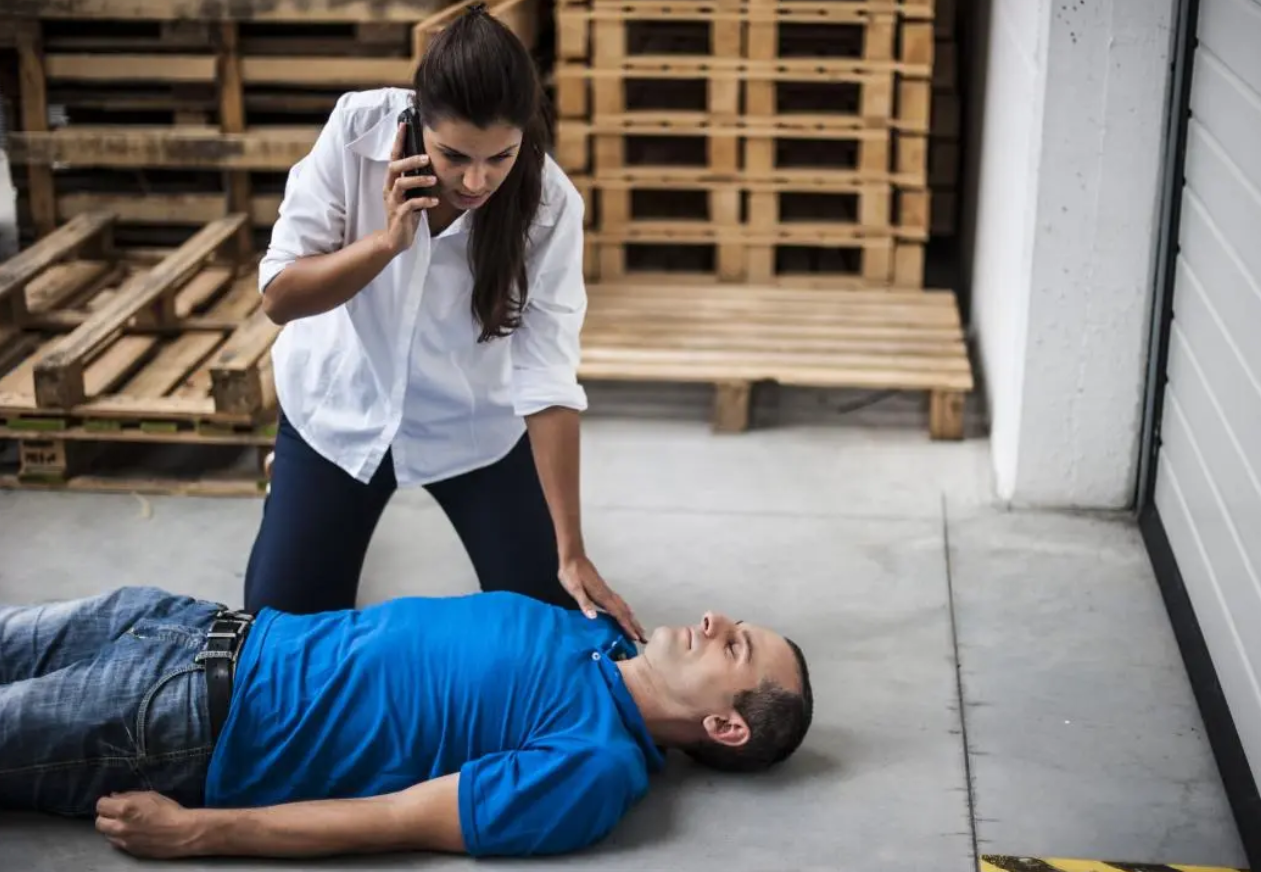A stroke is a medical emergency that can be life-threatening. It occurs when blood flow to the brain is disrupted, causing brain cells to die. The effects of a stroke can be permanent, and recovery depends on how quickly treatment is administered. That’s why it’s important to know what to do in case of a stroke.
Recognize the Symptoms: The first step in dealing with a stroke is to recognize the symptoms. The most common symptoms of a stroke are sudden weakness or numbness of the face, arm, or leg, especially on one side of the body. Other symptoms include sudden confusion, trouble speaking or understanding speech, sudden trouble seeing in one or both eyes, sudden trouble walking, dizziness, loss of balance or coordination, and severe headache with no known cause.
Call Emergency Services: If you suspect that you or someone you know is having a stroke, call emergency services immediately. It’s important to get medical attention as soon as possible because the faster a person receives treatment, the better their chances of recovery.
Stay Calm: If you or someone you know is having a stroke, it’s important to stay calm. Panic will only make the situation worse. Stay with the person, reassure them, and keep them calm.
Do Not Drive: If you are having a stroke, do not drive yourself to the hospital. This puts you and others on the road at risk. Call emergency services and wait for them to arrive.
Provide Information: When you call emergency services, provide as much information as possible about the symptoms you or the person you know is experiencing. This will help the medical professionals respond more quickly and effectively.
Follow Medical Instructions: Once medical professionals arrive, follow their instructions. They will likely take the person to the hospital for further treatment. It’s important to stay calm and let the medical professionals do their job.
Prevent Future Strokes: After a stroke, it’s important to take steps to prevent future strokes. This may include making lifestyle changes such as quitting smoking, eating a healthy diet, exercising regularly, and controlling blood pressure, cholesterol, and diabetes.
In conclusion, strokes are serious medical emergencies that require immediate attention. Knowing what to do in case of a stroke can help you or someone you know get the medical attention they need to recover. Remember to recognize the symptoms, call emergency services, stay calm, provide information, follow medical instructions, and take steps to prevent future strokes.

